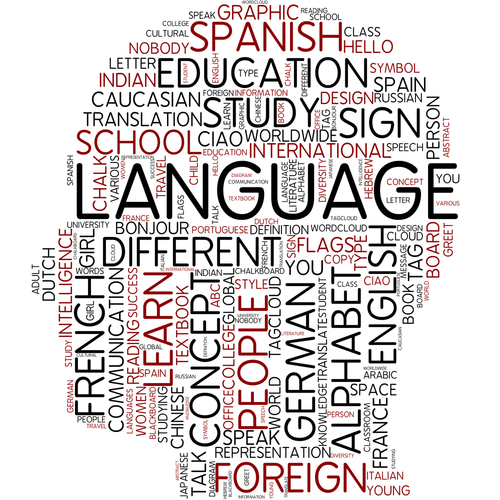Unit
12 - DIFFERENCES BETWEEN L1 AND L2 LEARNING

Unit
12 is about differences between L1 and L2 learning. This refers to the way we
learn a first language, it is really
different when we learn a foreign
language. In addition, the age plays an important role when learners are
acquire a language. The main point from
this unit is how we can differentiate when learning L1 and L2. For example,
in L1 learning, the learner is baby,
continues through the early years of childhood and he learn naturally according
to the environment he is growing as well as how the learner improve the
language skills in the school or university. On the other hand, in L2 learning,
it usually stars in primary school and it may also start or continue in
adulthood. I think it is according to the interest the learners have to focus on a foreign language, it is
because some people think that to learn another language is helpful for their
future, so they show maturity to
develop their cognitive skills when
they decide to learn a foreign language. However, in L1 learning. The learner
has a strong motivation in their
daily interaction with the family,
so they feel really comfortable practicing the language. While, in L2 learning,
some students have little or no motivation to communicate. It is maybe because
they are not interested to learn a foreign language or they study this just to
approve a subject. It can be also because sometimes learners are afraid to
interact with the teacher and classmates, so that's why they can't progress
with the second language they are
learning.
You can look for more information here:
file:///C:/Users/Windows/Downloads/2384-7255-1-PB.pdf
http://homepage.ntlworld.com/vivian.c/SLA/L1%20and%20L2.htm
https://www.youtube.com/watch?v=ZqDt2isALig


